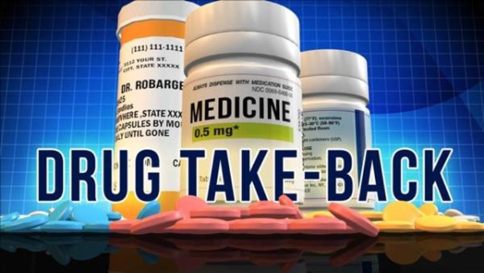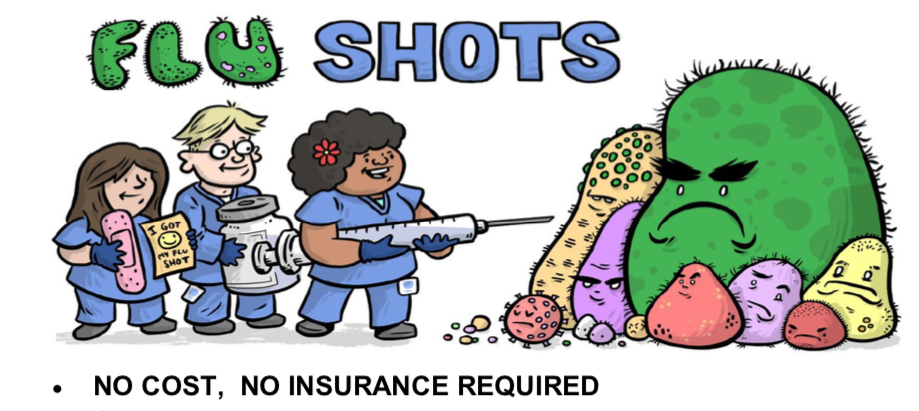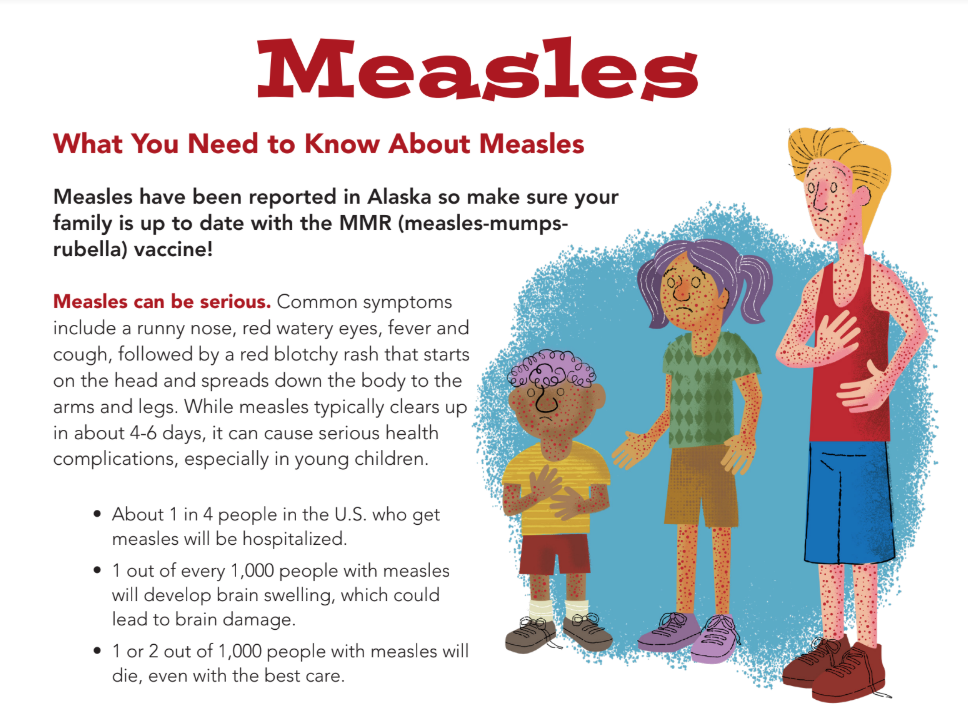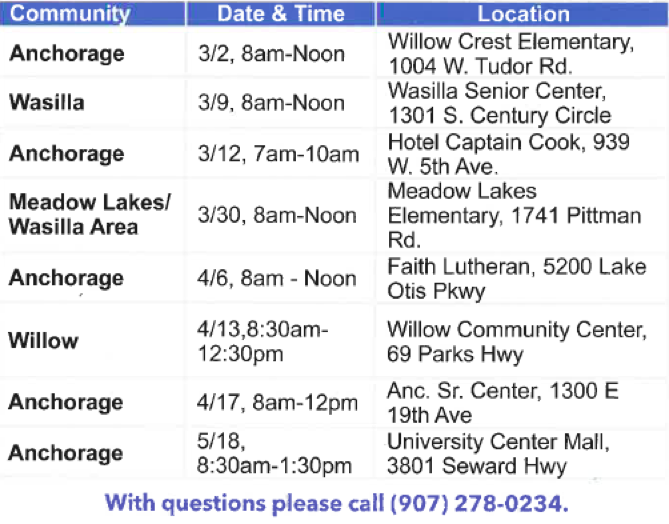I am continuously receiving new data regarding the hazards of e-cigarettes and vaping. This method is still relatively new and if one stops to think about how many years it took research to determine that smoking tobacco caused lung cancer. I have seen very recent stories on Chicago Med and New Amsterdam portraying youth in vaping incidents with lung injury and even death due to the chemicals used to vape. I realize it’s television, but I believe there is a lot of truth there. Below is some statistics regarding this hazard.
According to the Centers for Disease Control’s National Youth Tobacco Survey, in 2019, 5 million U.S. middle and high school students used e-cigarettes in the past 30 days, including 27.5 % of high school students and 10.5% of middle school students. These recent data show increases from 2018 when more than 3.6 million U.S. middle and high school students used e-cigarettes in the past 30 days, including 20.8% of high school students and 4.9 % of middle school students (Tobacco Product Use Among Middle and High School Students — United States, 2011-2018. Morbidity and Mortality Weekly Report (MMWR), February 2019). Electronic cigarettes are particularly unsafe for youth, young adults, pregnant women, or adults who do not currently use tobacco products. National attention has recently focused on vaping-related lung injury. As of November 20, 2019, 2,290 cases of e-cigarette, or vaping, product use- associated lung injury (EVALI) have been reported to CDC from 49 states (all except Alaska), D.C., Puerto Rico and the Virgin Islands. Forty-seven related deaths have been confirmed in 25 states and D.C. Other injury-related consequences of electronic cigarettes include acute nicotine exposure among children and youth caused by swallowing, breathing or absorbing e-cigarette liquid as well as fires and explosions caused by defective e-cigarette batteries, some of which have resulted in serious injuries.
Clinicians, school staff, coaches, parents and policy makers can all play a role in preventing the use of e-cigarettes among youth and young adults.
Category Archives: Nurse’s Notes
Nurse news – extreme cold
Be prepared for extreme cold:
- Stay inside during extreme cold temperatures, if possible and have plenty of extra blankets and layers of clothing, even keep extra blankets in your car.
- Dress appropriately when going outside, especially if working outside, wear several layers of loose fitting, lightweight warm clothing rather than one layer of heavy clothing. Wear mittens, which are warmer than gloves, and a hat. Cover your mouth with a scarf to protect your lungs.
- Be prepared for car break downs and being stranded outside, e.g. sleeping bag, blankets, and winter gear. If possible, have flares, cones or lights to mark the scene.
- Make sure that your car’s heater and defroster are in good working order, and always keep the gas tank near full to prevent ice in the tank and fuel lines.
- Protect outside spigots from freezing by using covers or by turning off the water source; drip all inside faucets and open cabinet doors to circulate heat.
- NEVER run a generator out of garage or in the house.
Understanding hypothermia:
When exposed to cold temperatures, your body begins to lose heat faster than it can be produced. Prolonged exposure to cold will eventually use up your body’s stored energy. The result is hypothermia, or abnormally low body temperature <95 degrees F. Body temperature that is too low affects the brain, making you unable to think clearly or move well. This makes hypothermia particularly dangerous because a person may not know it is happening and won’t be able to do anything about it.
The signs and symptoms of the three different stages of hypothermia are:
- First stage: shivering, reduced circulation;
- Second stage: slow, weak pulse, slowed breathing, lack of co-ordination, irritability, confusion and sleepy behavior;
- Advanced stage: slow, weak or absent respiration and pulse.
Hypothermia is most likely at very cold temperatures, but it can occur even at cool temperatures (above 40°F) if a person becomes chilled from rain, sweat, or submersion in cold water.
November Ol’ Steller Yeller
Steller’s November newsletter is here! Find out about what’s happening in your child’s classes, where to buy coffee, when you can hear the band and orchestra in concert, and a whole lot more in November’s edition of the Ol’ Steller Yeller
Drug take back – Saturday, Oct. 26

National Prescription Drug Take Back Day is Saturday, Oct. 26 and the Anchorage Fire Department (AFD) says it’s a great event to dispose of unused medication promptly and safely to keep our kids safe. AFD says disposing of unused medication will help protect children from accidental poisoning, and prevents theft by visitors, relatives, or strangers.The event Oct. 26 starts at 10:00 A.M. and ends at 2:00 P.M.
Below is a list of locations where you can drop off leftover prescriptions.
Municipality of Anchorage
- Providence Medical Center – 3300 Providence Drive, Entrance #4
- Fred Meyer (Muldoon) – 7701 DeBarr Road
- Fred Meyer (Abbott) – 2300 Abbott Road
- Fred Meyer (Eagle River) – 13401 Old Glenn Highway
Central Mat-Su Valley
- Fred Meyer (Wasilla) – 1501 East Parks Highway
- Fred Meyer Pharmacy (Palmer) – 535 Evergreen Ave.
AFD says in Alaska, April’s drug take-back event saw 4,567 pounds of prescription medications disposed of at 19 sites across the state, and a total of 937,443 pounds of prescription medications was disposed of nationally.
If you miss Saturday’s Drug Take Back Day, authorized collectors in the local area can be found here.
AHD Flu shot clinics available – FREE

Hello parents,
Now is the time to start thinking about getting your family flu shot. Attached is a listing of clinics that the Anchorage Health Department is partnering with ASD schools for FREE and the vaccine information sheet. This is open to anyone – adults and children.
AHD Flu Shot Clinic Schedule
Flu vaccine information sheet
Influenza (flu) is a contagious respiratory illness caused by influenza viruses. It can cause mild to severe illness. Serious outcomes of flu infection can result in hospitalization or death. Some people, such as older adults, young children, and others with certain health conditions, are at high risk for serious flu complications.
In addition to washing your hands, covering your cough, and staying home from work or school when sick, getting your annual flu shot is the best thing you ​can do to protect yourself and others.
Thank you,
Annette Johansen, M.Ed., BSN, RN, NCSN
Steller Secondary School Nurse
Phone: 742-4963 Fax: 742-4966
Office hours: M-F 0730-1500
Important Nurse News to begin school
IMPORTANT NURSE NEWS
Hello and welcome to a new school year at Steller Secondary. The nurse is working to keep
your students’ medical history and shot records up-to-date to remain in compliance with the
State of Alaska’s requirements, but needs your help to do so. Please update your student’s
medical health history yearly and as necessary, so your child can continue to receive the best
nursing care. Review the information below and complete any required forms if it pertains to
your child. If you have completed medical forms during online registration, please print and
bring them in to the nurse’s office. The nurse does not have access to your online forms.
Immunizations Due – Some students will need an immunization booster shot prior to starting school and during the school year. Therefore, immunization must be administered by a provider and the documentation given to the nurse prior to attending classes. The State of
Alaska has a strict “NO SHOT, NO SCHOOL†policy.
Students with Religious exemptions must be renewed and notarized yearly. They must be
updated on or after July 1 and are effective July 1 – June 30. Previously completed religious
exemption forms will NOT be grandfathered.
… continue reading Nurse News
Nurse News: Measles outbreak in Alaska

Please Read Measles_Flyer.pdf
Alaska Health Fairs – near you
Alaska Health Fairs – Blood tests, Screenings, Health and Wellness Resources and more! www.AlaskaHealthFair.org
No registration required, walk in at any of the allotted times. Free community events made possible by your local agencies and volunteers. Bring your friends!

Nurse News – Tips to help sleep
A good night’s sleep is especially important because it helps improve concentration and memory formation. It allows your body to repair any cell damage that occurred during the day, and refreshes your immune system, which in turn helps to prevent disease. People who don’t sleep well are more likely to suffer from depression, attention and memory problems, excessive daytime sleepiness, and it can lead to serious health problems, including an increased risk of cardiovascular disease, diabetes, weight problems, and breast cancer in women. Sleep is just as important to our physical and emotional health whether we are children or adults.
Waking up in the middle of the night is called insomnia, and it’s a common problem. Mid-sleep awakenings often occur during periods of stress. Over-the-counter sleep aids rarely offer significant or sustained help for this problem. Rest with some good sleep habits can help you catch more ZZZs and stay asleep through the night. Try some of these strategies to relieve insomnia. See attached for some sleep tips… Tips to Try if Insomnia Strikes
Melatonin – Is It Used Correctly?
Melatonin sleep aids are growing in popularity, with 3-million Americans using them in 2012, according to a nationwide survey from the Centers for Disease Control and Prevention. If you’re among them or are considering melatonin for sleep, it’s smart to understand exactly how melatonin works… Please see the attached nurse news. Melatonin for Sleep
